 Saffron in Persian Literature
Saffron in Persian Literature
Saffron has long been an integral element of Saffron in Persian Literature, deeply intertwined with Iranian culture and symbolism. To fully understand its importance, we must first explore how saffron mirrors the essence of Persian life. It symbolizes joy, wealth, and spiritual depth, all of which appear prominently in Persian literary traditions.
Over the centuries, saffron has maintained an enduring presence in Iranian culture. Ancient artifacts and artwork reflect how deeply it has influenced Persian life, highlighting its central role in various cultural contexts. This influence extends to numerous poems and stories, where saffron’s symbolic value is richly explored.
The Symbolism of Saffron in Persian Literature
When we look closely at Saffron in Persian Literature, we see that it symbolizes much more than a mere spice. Known for its unique color and distinct fragrance, saffron represents joy, wealth, and the vibrancy of life. This multifaceted symbolism has made it a frequent subject in Persian literary works, where poets often use it to convey themes of happiness, beauty, and spiritual insight. Through its various symbolic representations, saffron has firmly secured its place as an important cultural element in Iranian tradition.
Saffron’s Role in Persian Poems
Saffron has also played a prominent role in the works of notable Persian poets such as Rumi and Ferdowsi. These poets used saffron to represent profound emotions such as love, beauty, and reverence. In Persian poems, saffron does not merely symbolize a spice, but also embodies a deeper cultural and spiritual resonance, symbolizing not only physical beauty but also the radiant nature of the human soul. As a result, saffron’s use in these poems extends its significance beyond the realm of literature and art, reflecting its important cultural heritage in Persia.
Saffron as a Symbol of Wealth and High Status
Indeed, saffron is often referred to as “red gold” because of its rarity and high value. In Saffron in Persian Literature, this spice serves as a powerful symbol of wealth, status, and nobility. Due to its expensive nature, saffron is often used to underscore the importance and high rank of characters in Persian literature. Its symbolic role reflects both cultural and material values, providing insight into the prosperity and social structures of Persian society.
The Role of Saffron in Rumi’s Poetry
For Rumi, saffron takes on a deeply spiritual meaning, symbolizing the purity and intensity of love. In his poems, saffron serves as a metaphor for the divine and transcendent power of love. Thus, saffron is not only an ingredient in his poetic imagery but also a symbol of passion and spiritual purity. One can see how Rumi’s use of saffron elevates the spice from a culinary element to a metaphor that explores the boundless nature of divine affection:
“Love, like a heavy cloud, rained down on this world, one side turned saffron, the other a garden of tulips.”
Saffron in Persian Proverbs
Additionally, saffron holds great importance in Persian proverbs, where it symbolizes both wealth and deep spiritual understanding. One well-known Persian proverb, “What does the donkey know about the value of saffron?”, emphasizes not just the material value of saffron, but also its profound symbolic importance in Persian culture. This proverb, in particular, illustrates that only those who can truly appreciate its rarity and significance can recognize its true worth.
Conclusion: The Unwavering Influence of Saffron in Persian Literature
In conclusion, saffron’s presence in Persian literature is far more than that of a mere spice—it is a powerful symbol. From its representations of joy, wealth, and love to its deep spiritual meanings, saffron has cemented its place at the heart of Saffron in Persian Literature. By appearing in poems, proverbs, and cultural traditions, it has proved to be an irreplaceable symbol in Persian society. Its enduring influence in Iranian culture continues to shape how we perceive its significance, both literally and metaphorically, in Persian literary heritage.
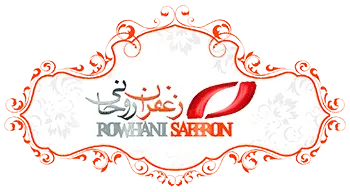

![Exporting Saffron to Turkey + Price Guide [Complete 0 to 100]](https://www.rowhanisaffron.com/wp-content/uploads/f1-372-500x383.jpg)
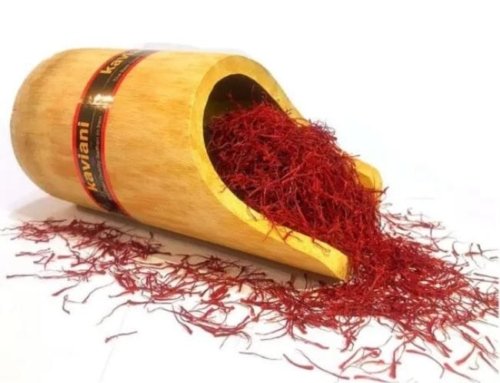
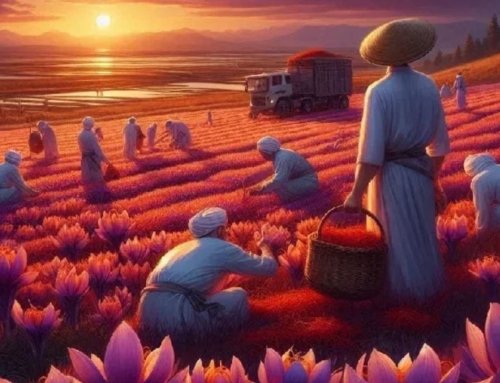
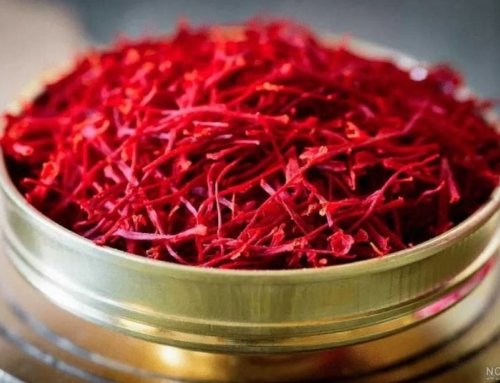
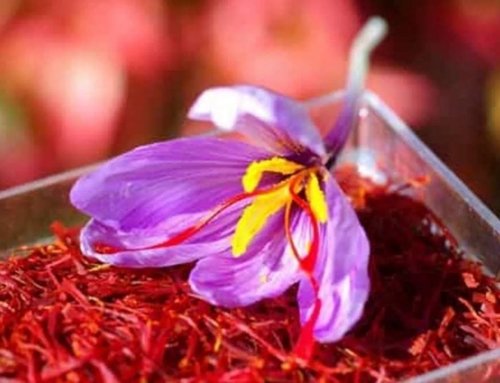
Get Social